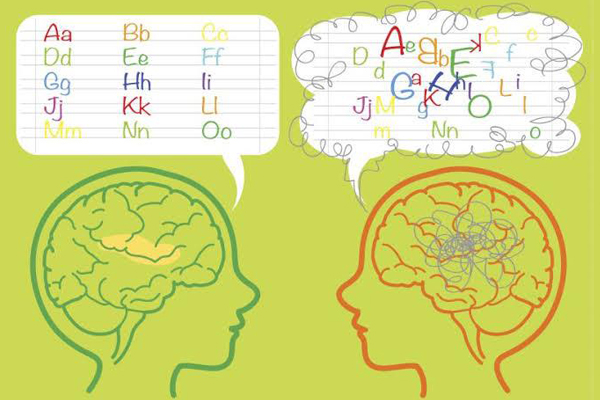Specific learning disorders are neurodevelopmental disorders that are typically diagnosed in early school-aged children, although may not be recognized until adulthood. They are characterized by a persistent impairment in at least one of three major areas: reading, written expression, and/or math.
An estimated five to 15% of school-age children struggle with a learning disability. Learning disorders, if not recognized and managed, can cause problems throughout a person’s life beyond having lower academic achievement. These problems include increased risk of greater psychological distress, poorer overall mental health, unemployment, underemployment and dropping out of school.

To be diagnosed with a specific learning disorder, a person must meet four criteria.
Child Faces problem in reading, understanding the meaning what is read, spelling, written expression, basic concept, number facts or calculation is difficult for them and many more difficulties. A diagnosis is made through a combination of observation, interviews, family history and school reports. Neuropsychological testing done by Psychologist helps to find the best way to work further with an individual with specific learning disorder.
Dyslexia is a term that refers to difficulty in reading, spelling and writing. People with dyslexia have difficulty connecting letters they see on a page with the sounds they make. As a result, reading becomes slow and effortful and is not a fluent process for them. It’s a common misconception that all children with dyslexia write letters backwards or those who write letters backwards all have dyslexia.
Dysgraphia is a term used to describe difficulties with putting one’s thoughts on to paper. Problems with writing can include difficulties with spelling, grammar, punctuation, and handwriting.
Dyscalculia is a term used to describe difficulties learning number related concepts or using the symbols and functions to perform math calculations. Problems with math can include difficulties with number sense, memorizing math facts, math calculations, math reasoning and math problem solving.
Learning disability is not “curable,” but definitely it is treatable. It can be successfully managed throughout one’s life. We here at SPARSH first conduct required Assessments and on basis of reports only Remedial education/Therapy or special education will help the child in treatment. It is long process. We believe reaching to people with specific learning disorders can go on to become skilled learners. Early intervention is key for people with specific learning disorder. Having a learning disorder does not mean a person is limited in their choice of career or the opportunities for success.